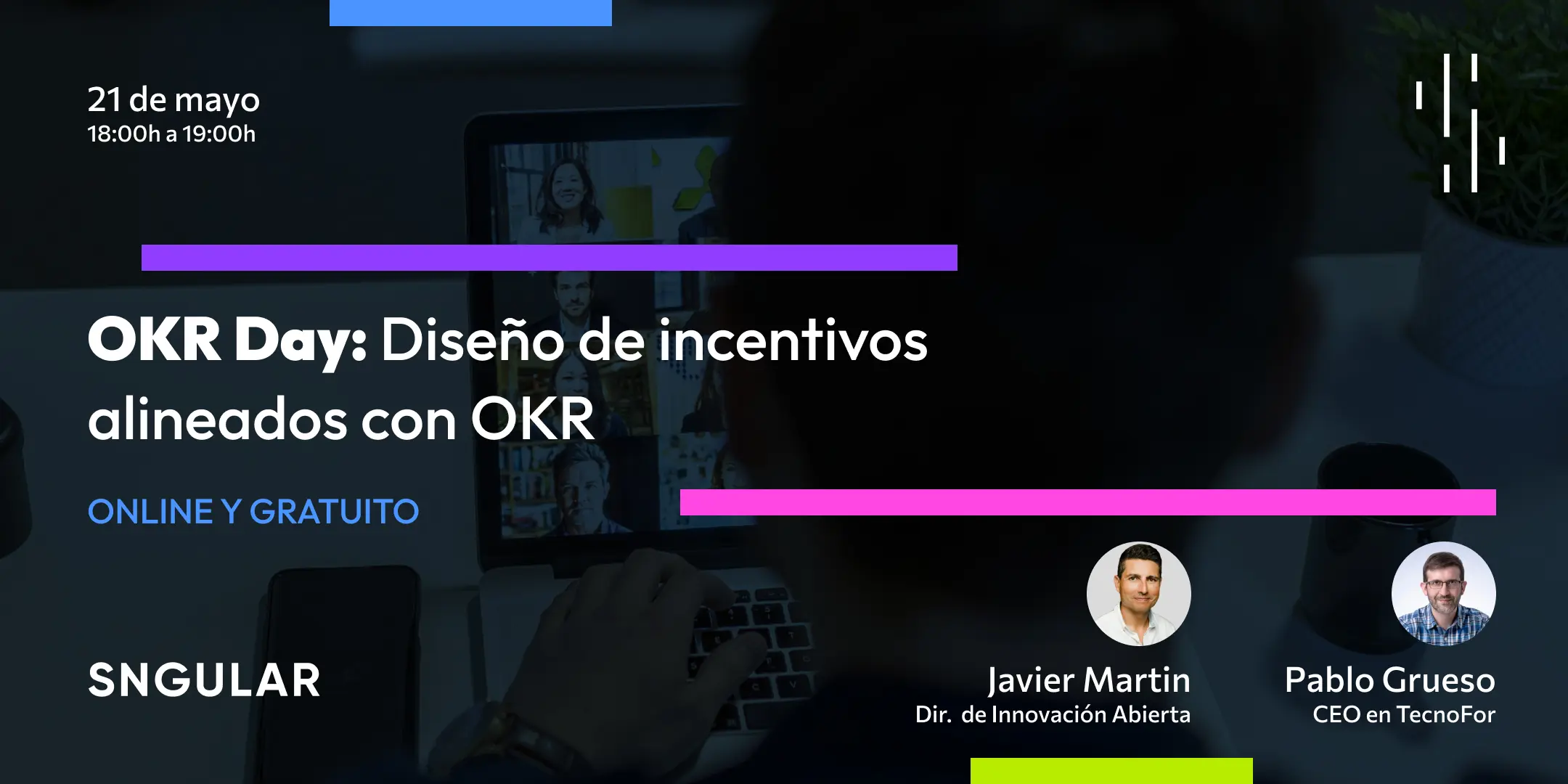
Incentives move the world
May 14, 2024
How is it possible that if we assume that incentives are what drives people, they are discouraged from being used within the framework of the work we do with OKRs?
When working with OKRs, it's crucial to avoid directly linking the objectives outlined within this methodology with other objectives expressed as incentives. This includes instances where achieving goals leads to financial benefits or potential penalties for failure. Even incentives beyond financial rewards can divert attention from the intended impact of the activity to the personal benefit gained from it.
So why is it discouraged to connect OKRs with material incentives?
-
Firstly, let's consider motivation. Is an individual motivated to give their all to achieve team-decided objectives aligned with a strategy aimed at maximizing organizational success? Or do they prioritize short-term personal gains over the potential future benefits for the entire team? This isn't about sacrificing personal goals for the group but rather about the focus on short-term versus long-term gains and a belief in working towards collective success.
-
Secondly, there's the issue of risk-taking. By depending on potential material benefits, individuals may be less inclined to take risks necessary for innovation, experimentation, and learning from failure.
-
Thirdly, it's important to evaluate whether individual or team-based objectives better serve the organization's overall goals. Shared incentives can foster a collaborative culture, reducing friction and streamlining management efforts.
So, what we should do is see OKRs and the rest of the objective systems as complementary rather than substitutes, as in a highway where the different lanes run parallel but do not intersect, and each of them serves its purpose. Here, I'd like to propose that OKRs serve as the right lane where we should usually drive, so that when a specific maneuver is necessary, we use one of the other lanes. The important thing is for the different systems to be aligned and complementary, but each fulfilling its function and without trying to merge them because that's where we'll start to have problems.
Considering OKRs as the right lane of the highway makes sense for several reasons. Firstly, because it should be the lane we use most of the time, in this way, the OKR system proposes that we have weekly visibility, in PPP-type meetings, on the impact our work is having on achieving our objectives, monthly visibility, in CFR meetings, which should serve as a boost to team motivation, and quarterly meetings to review and reflect on what happened in the quarter and plans for the next.
However, the other objective systems do not focus so much on the short term; in fact, they are usually announced annually rather than quarterly, and may be reviewed frequently, as we do with KPIs, but without having established specific dynamics for it.
Thus, by considering OKRs as the main route to our destination, the rest of the objective systems become complementary, and we only visit them from time to time, aware that it will be achieving our OKRs that will bring us closer to them, not the other way around. So, when we've defined a priority system that rewards the success of the group over the individual, many of the problems with material objectives are eliminated, such as the trickery that can sometimes deceive us into achieving our personal objectives.
In any case, internalizing an incentive model like the one proposed here is complex and will require time for the organization's mindset to evolve towards a more open, transparent, and collaborative model.
And finally, a recommendation from one of the people who best understands how organizations and professionals of the future should be, Naval Ravikant, who recommends "using money to reward the best, not to motivate the rest."
If you found this discussion intriguing and want to explore further, join our upcoming OKR Day on May 21st from 6:00 PM to 7:00 PM. This online event, hosted by SNGULAR, will delve into best practices for designing incentives that align with OKRs.
Register now to secure your spot at this #OKRDay!

